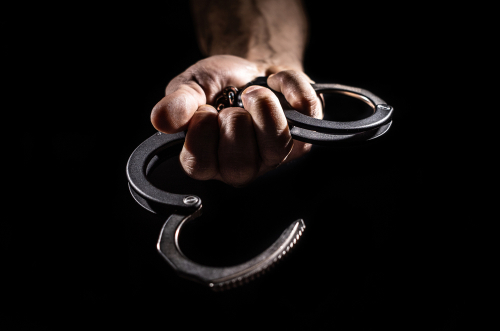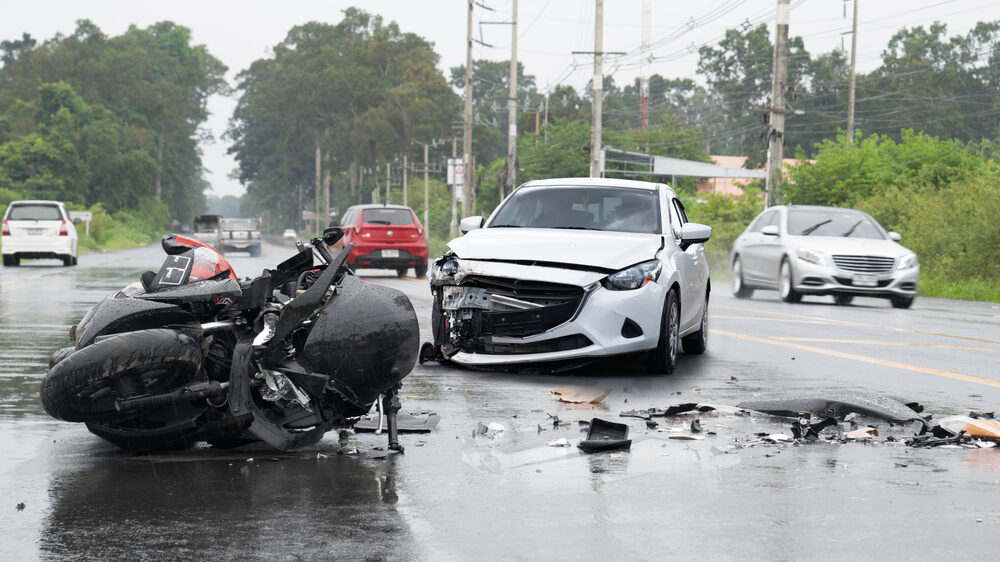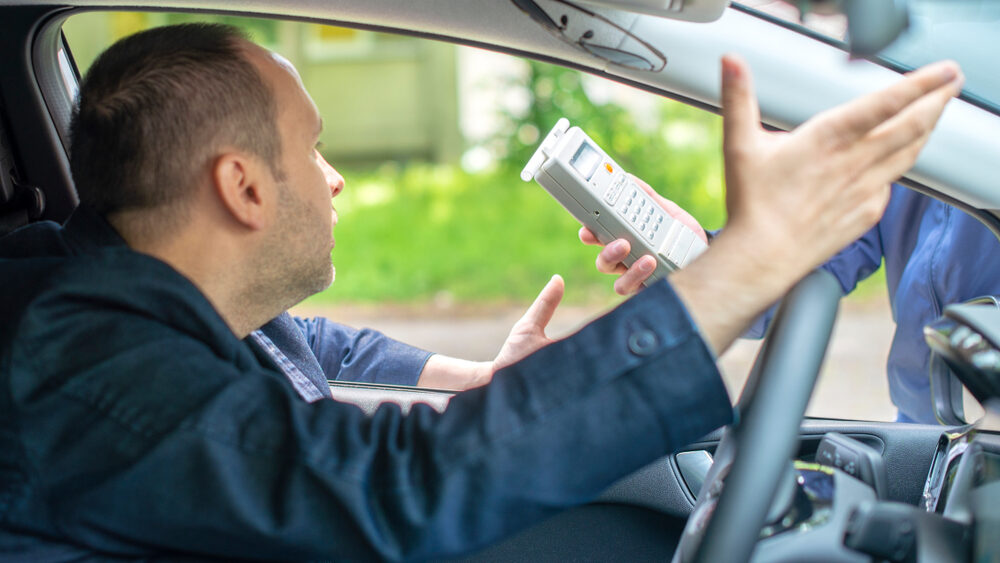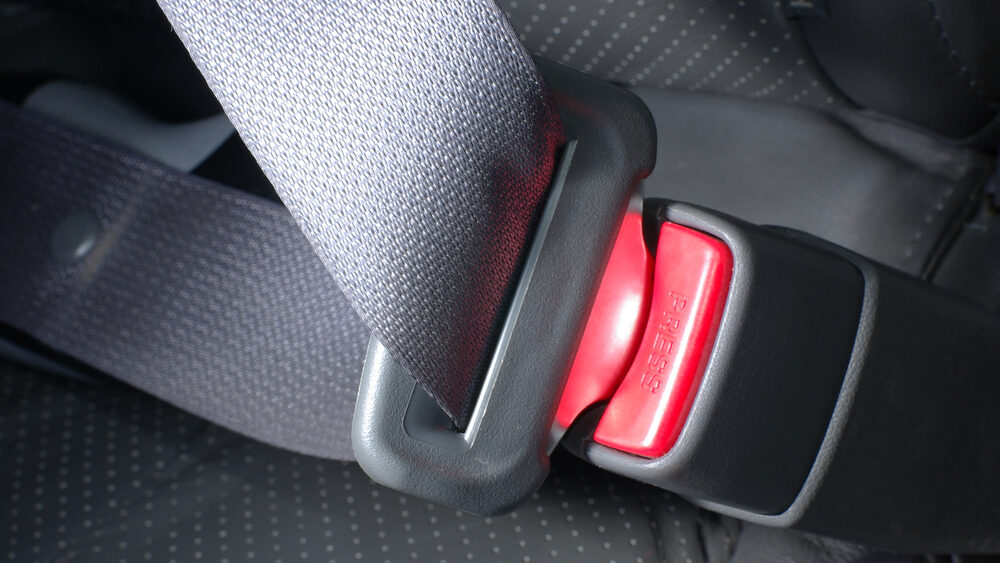What Happens if the Police Don’t Read My Miranda Rights?
Miranda rights refers to the statement that a police officer must give you before questioning you.
The Miranda rights tell you your legal rights, which include:
- You have the right to remain silent.
- Anything that you say can be utilized against you in a court of law.
- You have the right to have an attorney present while you are questioned.
- If you are unable to afford a lawyer, the court will appoint one to you.
State and federal law require all police officers to read you these rights, regardless of the reason they’re arresting you, and whether you have been arrested before or not. However, a common misconception is when a police officer is required to read these rights to you. While many police officers will read them to you while you’re being arrested, this is not a requirement.
Your Miranda rights are meant to protect the Fifth Amendment, which is your right to an attorney. This means that they must read these rights to you before questioning you. If they don’t, they may be guilty of violating your rights.
Related: What is the officer looking for during the initial detention at the scene?
What Happens If Your Miranda Rights Aren’t Read to You
Being placed under arrest can be stressful and confusing. The police officer may begin asking you questions right away. They may even make you feel like if you do hold out until you talk to a lawyer, that you’re going to be considered guilty. This is not the case. You have a right to a lawyer, regardless of the charges. The good thing is that that if the officer does get you to talk, without reading you your Miranda rights, whatever you say to them may have to be suppressed.
When Do Miranda Rights Not Apply?
It’s also important to know when Miranda rights apply, and when they don’t. For example, if you’re pulled over under suspicion of a DUI, anything that you say before being arrested can be used against you. Your Miranda rights only apply to any questions that you’re asked by the officer after being arrested.
It Doesn’t Mean That Your Case Will Be Dismissed
Another common misconception is that if an officer doesn’t read you your Miranda rights, then your case will be dismissed. This isn’t the case. A police officer can arrest you as long as they have probable cause. The only thing that failing to read your Miranda rights affects is the evidence they can use.
Do You Have Questions About Your Rights?
Were your Miranda rights not read to you? Were you improperly questioned without being given the opportunity of hiring a lawyer? If so, it’s important that you reach out to a lawyer. It doesn’t matter if you’re being charged with a crime, you have access to legal rights. You have the ability to use a lawyer. You also have a right to learn more about the charges and potential consequences before answering any questions. If you have questions about your rights, or you want to discuss your case with a lawyer before answering questions, reach out to a criminal defense lawyer as soon as possible.
Contact an Experienced Erie Criminal Defense Lawyer About Your Criminal Charges in Pennsylvania
Were you arrested or charged with a crime in Pennsylvania? The consequences of a conviction could be severe, leaving you with a permanent criminal record and possibly even sending you to jail. That is why you need to speak with a qualified criminal defense attorney as soon as possible about your case. The attorneys at Purchase, George & Murphey, P.C. have successfully represented clients charged with criminal charges in Erie, Millcreek, Fairview, and throughout Pennsylvania. Call (814) 833-7100 or fill out the online contact form to schedule a consultation with a member of our legal team. We have an office conveniently located at 2525 W 26th St., Erie, PA 16506, as well as offices located in Meadville and North East, PA.
The articles on this blog are for informative purposes only and are no substitute for legal advice or an attorney-client relationship. If you are seeking legal advice, please contact our law firm directly.
Disorderly conduct consists of any improper behavior such as fighting, threats of violence, or creating a dangerous atmosphere.













